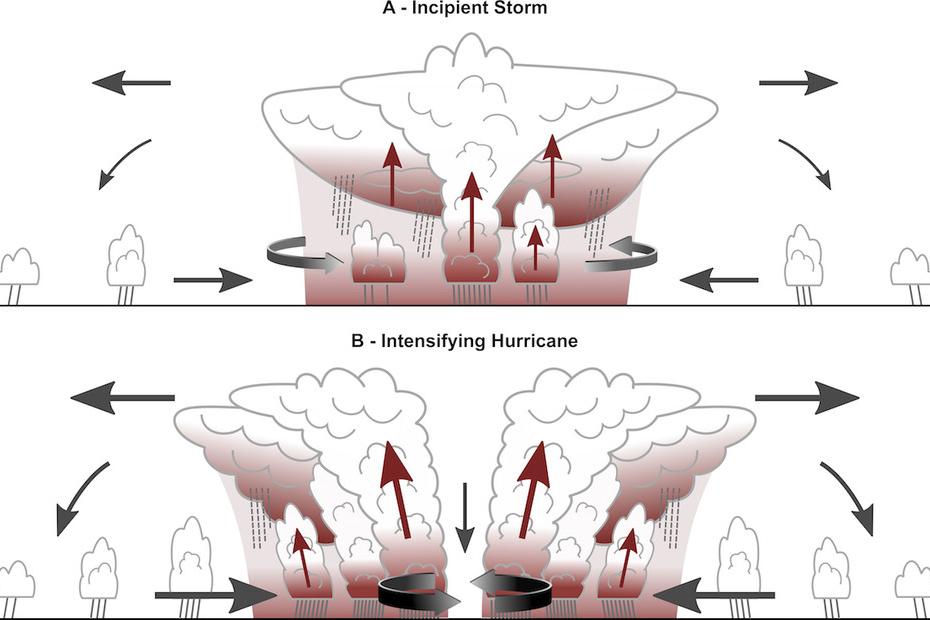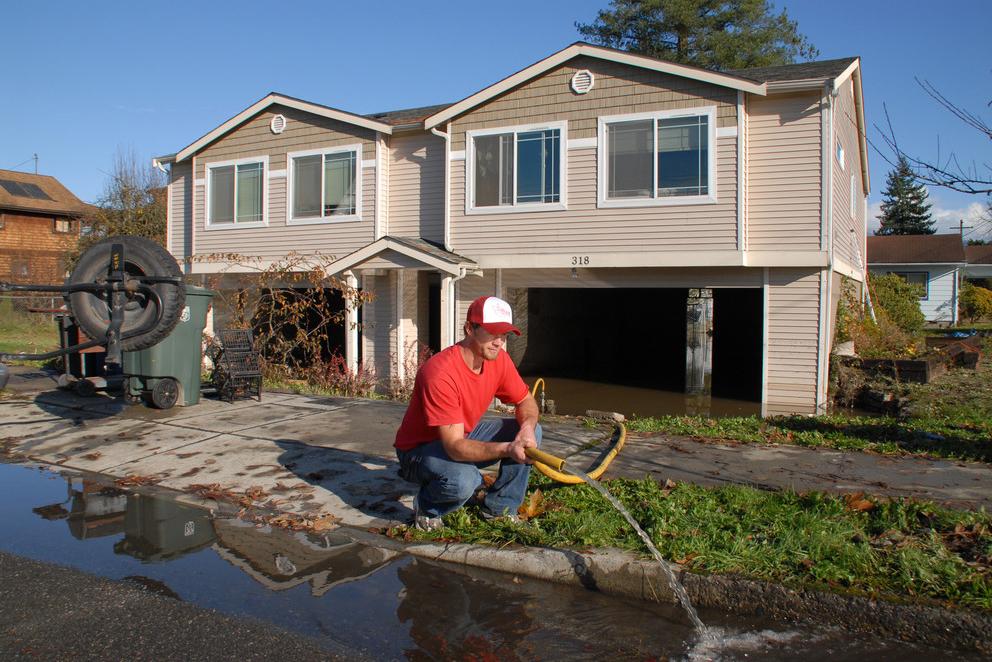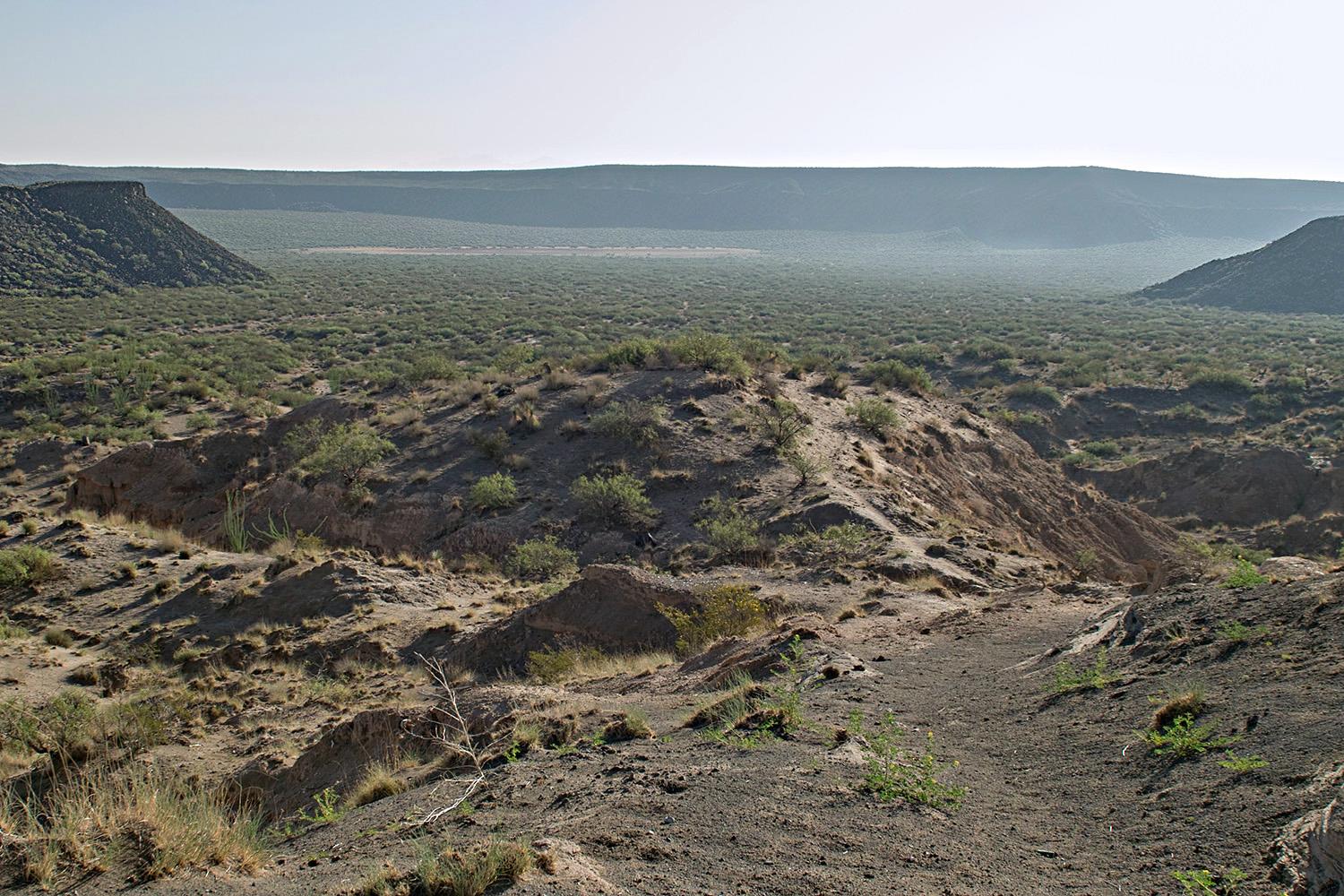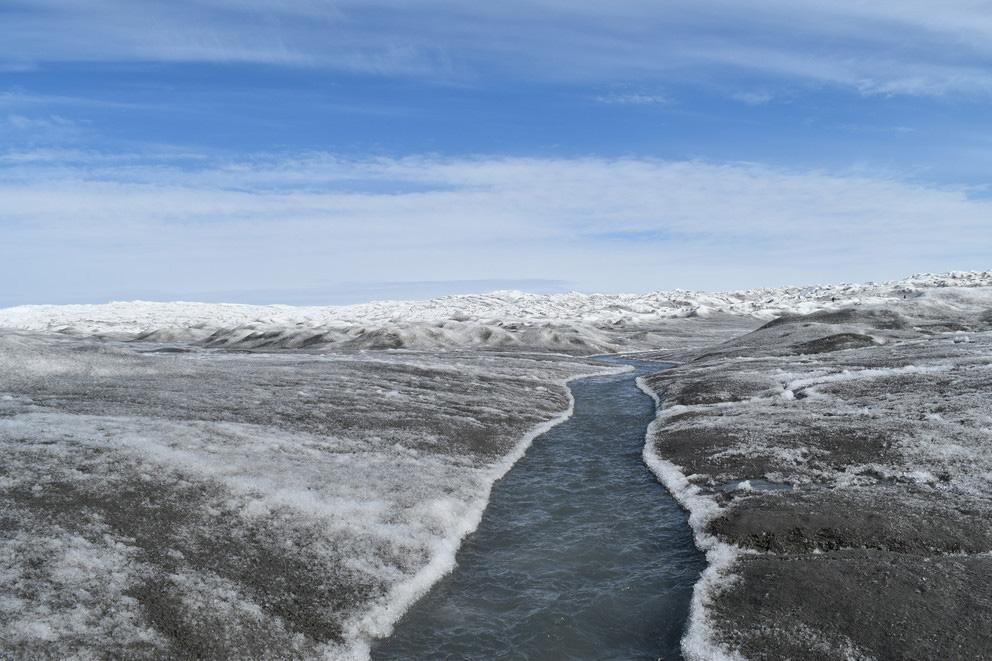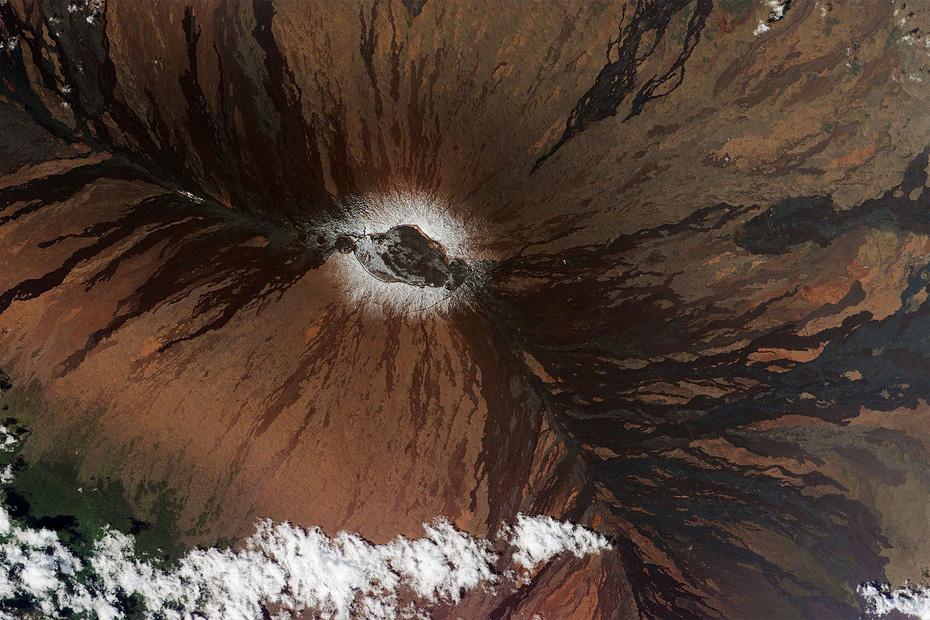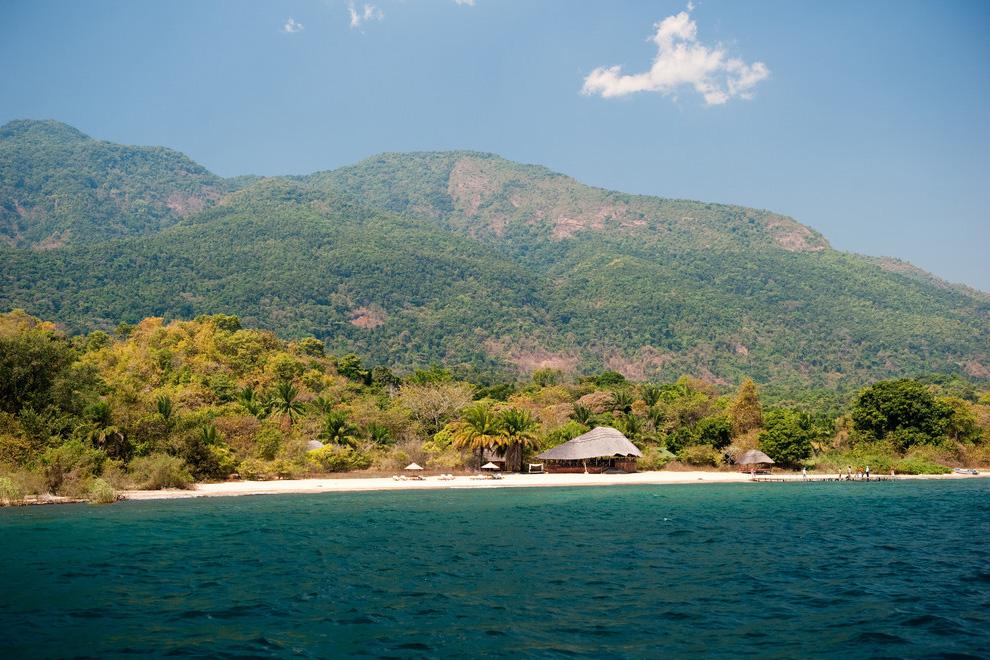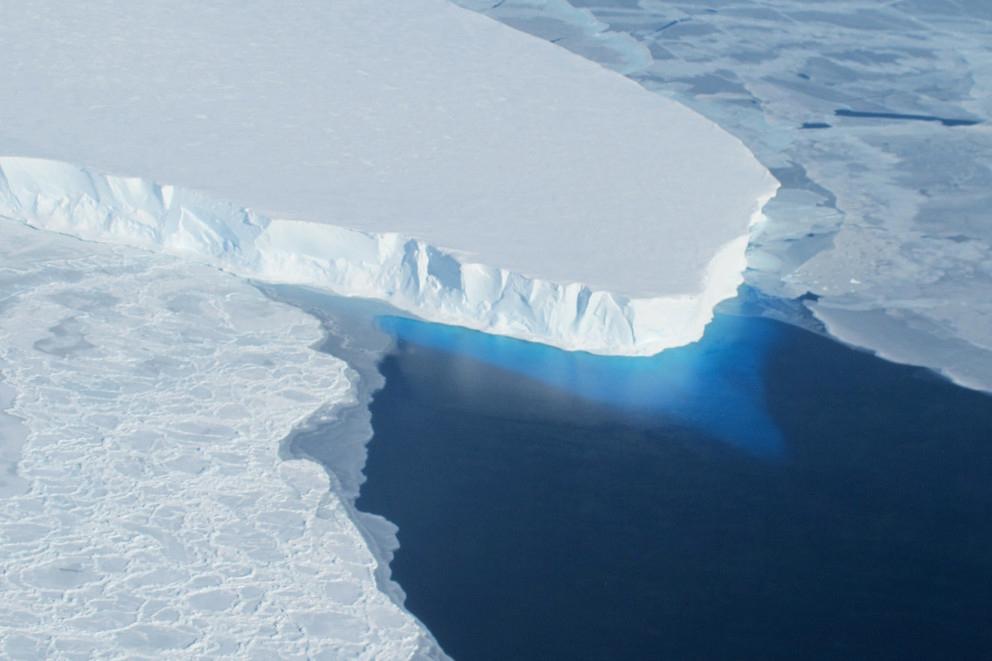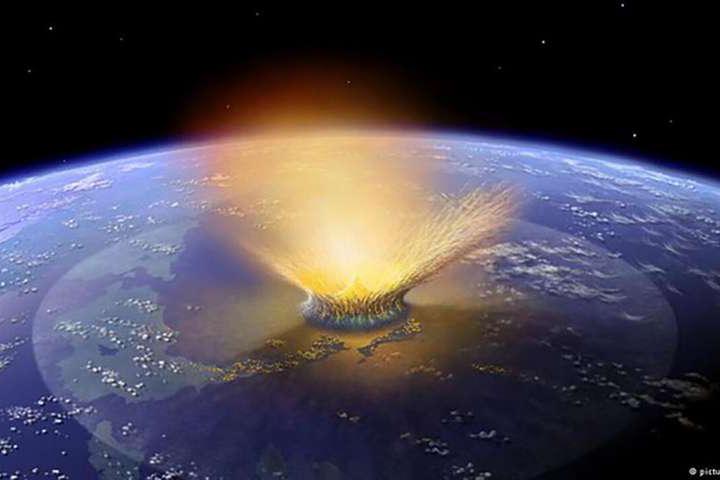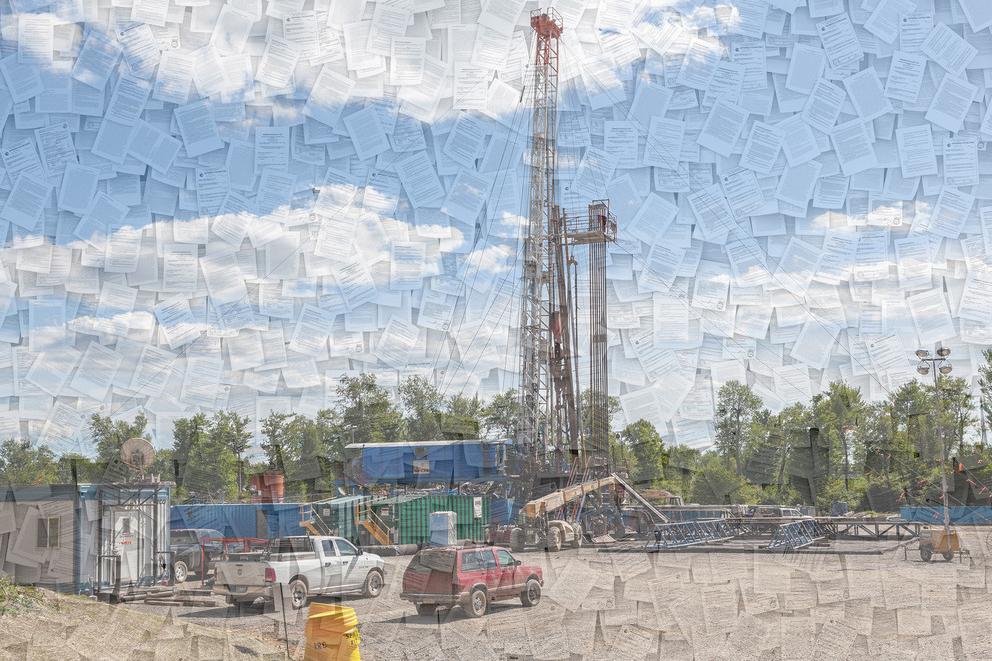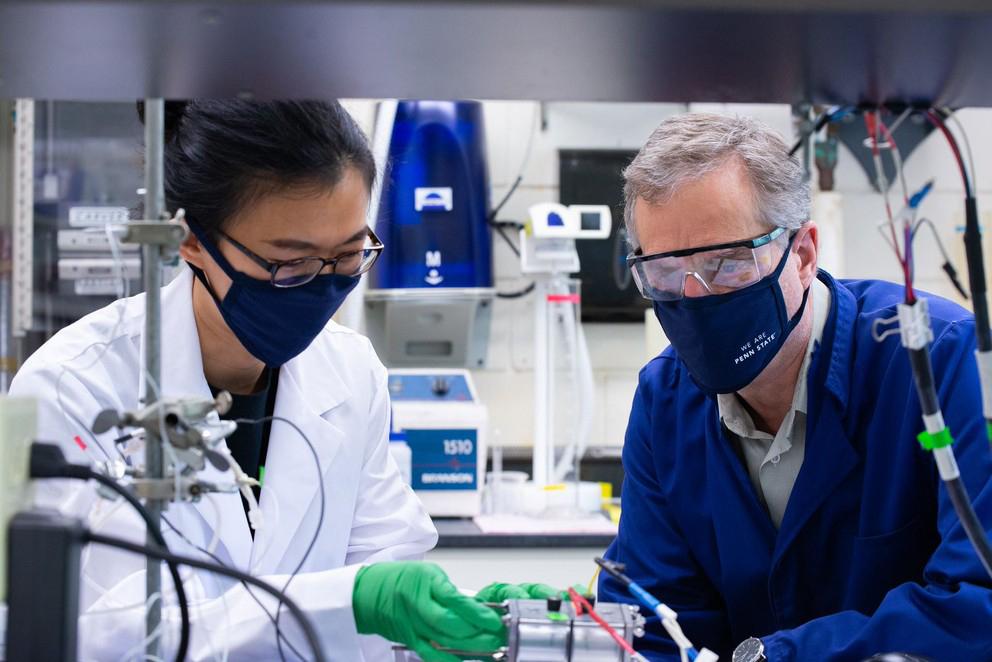Read the latest news about research conducted by investigators in the College of Earth and Mineral Sciences. Our faculty and students are continually advancing technology, creating solutions and expanding knowledge with new and innovative research.
News
With the tropical storm season in the Atlantic Ocean underway and already well into the Greek alphabet for naming, better storm track prediction has allowed timely evacuations and preparations. However, the formation and intensification of these storms remains challenging to predict, according to an international team of researchers who are studying the origin of tropical cyclones.
What do you have on your 2020 Bingo Card? Wildfire, heat wave, global pandemic, or flooding? If it’s flooding, then it’s a good bet it will happen in many places in the U.S. sometime during the year.
Rocks from the Rio Grande continental rift have provided a rare snapshot of active geology deep inside Earth’s crust, revealing new evidence for how continents remain stable over billions of years, according to a team of scientists.
The brownish-grey algae that darken the Greenland ice sheet in summer cause the ice to melt faster, but only recently have scientists measured these blooms in the field, and only at few sites. To measure algal blooms across large regions and understand their effects on melting over time, scientists are now turning to space.
Penn State researchers have used artificial intelligence (AI) to clear up noise in RADAR satellite data that can can help detect ground movements at volcanoes in near real time.
Climate change could put a major fishery — and the millions of people who depend on it — at risk in one of the world’s most vulnerable regions, according to researchers.
Fluctuations in the weather can have a significant impact on melting Antarctic ice, and models that do not include this factor can underestimate the global impact of sea level rise, according to Penn State scientists.
An asteroid impact 66 million years ago may have released trillions of pounds of partially burned fossil carbon into Earth’s upper atmosphere as a cloud of black soot, significantly contributing to the ensuing global darkness, cooling and mass extinction that wiped out the dinosaurs, according to an international team of scientists.
Even though State governments routinely rely upon interest groups to help them as they craft legislation, researchers found that certain peer-leader states, like Pennsylvania and Colorado, have greater influence in shaping states’ fracking policies, in a study led by Penn State Professor of Geography Jennifer Baka.
The power of the sun, wind and sea may soon combine to produce clean-burning hydrogen fuel, according to a team of Penn State researchers.



